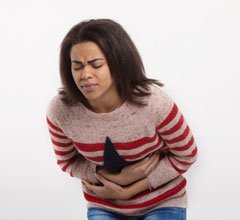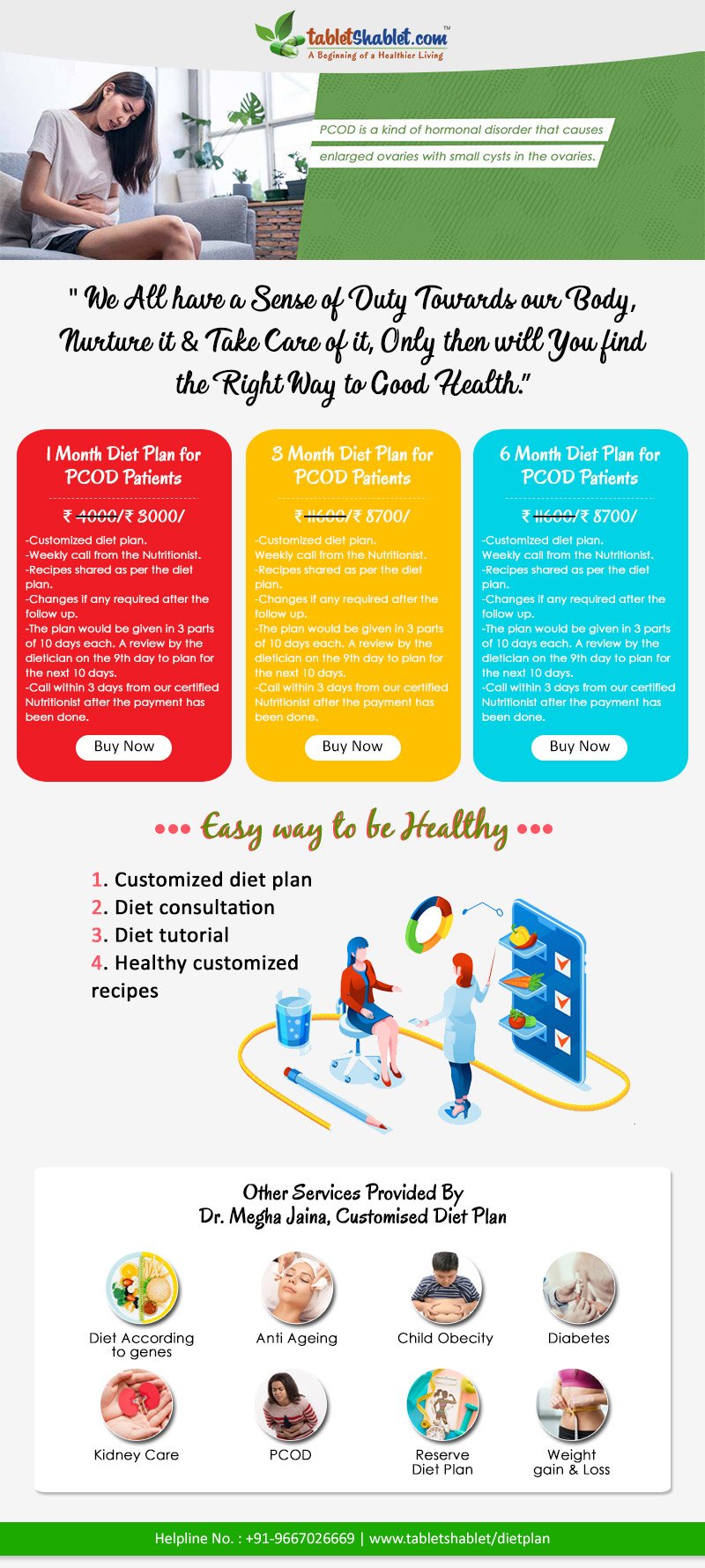People often make the mistake of using the terms PCOD and PCOS interchangeably. Which is a totally honest mistake as both of the problems are related to ovaries & hormonal disbalance and the only difference is in their last words, i.e. syndrome and disorder.
Making people think that they are both the same thing. Which is not true at all!!!
I was also a victim of this and have used the terms interchangeably in the wrong places, until being told that they are different.
So, let’s clear this up first that PCOD and PCOS are 2 different problems although, they both occur in women and have their similarities.
And to know what PCOD is, it is very important for you all to first understand how PCOS and PCOD are different?
Read more to find all about PCOD.
What is the Difference between PCOD and PCOS?
Both PCOD and PCOS happens in women and are linked to hormonal changes.
But they are very different in terms of how serious of an issue they are and their complications.
It usually gets identified in teenagers, almost at the first period itself.
While, PCOD, on the other hand, also lead to cysts formation on the ovaries, but they are minor in nature and occur in less numbers.
PCOS is a serious condition. Whereas, PCOD is not considered to be truly a disease as it can be managed through diet and lifestyle changes.
Now, I think it will be more clear to you all how different PCOD and PCOS are and the terms shouldn’t be used interchangeably.
What are the symptoms of PCOD and how it happens?
PCOD is a lot more common than we think it is, as about one-third of women around the globe suffer from it.
It happens due to hormonal disbalance and is more of a condition than a disorder, as by making proper changes, PCOD can be managed.
Every woman’s PCOS signs are different but some of the Common symptoms of it are:
- Irregular periods
- Abdominal weight gain
- Fertility issues
- Oily, Acne-prone skin
- Frequent mood swings
- Male pattern hair loss.
Can PCOD be Managed through Diet?
Even though, there is no prominent cause of PCOD, stress and obesity leads to hormonal disturbances and therefore contributes to PCOD.
By maintaining healthy weight levels, one can get positive results in terms of PCOD management.
So, proper diet and exercise should be the main focus in women dealing with the PCOD problem.
Listed below are some of the Diet & Nutrition Tips for women dealing with PCOD:
- Make sure your diet is full of fruits & vegetables
- Say No to saturated fats
- Eat small frequent meals and
- Drink a lot of water
- Consume sugar and refined cereals in little to no amount
- Have flaxseeds and sesame seeds, but not too much
- Your diet should be rich in fibre with little to no carbohydrates and processed foods
- Devoid your meals from red meat, etc.
Along with diet, women with PCOD should also give priority to regular exercise, as it helps in managing weight.
In conclusion, we can say that with proper diet and regular exercise, women with PCOD can manage their PCOD problem.
I hope that you guys find this blog interesting and helpful to you and if you do then, like and share it with others.
Feel free to share your opinions and suggestions with us by writing in the comment section.

Get Customised Diet Plan for PCOD Patient

